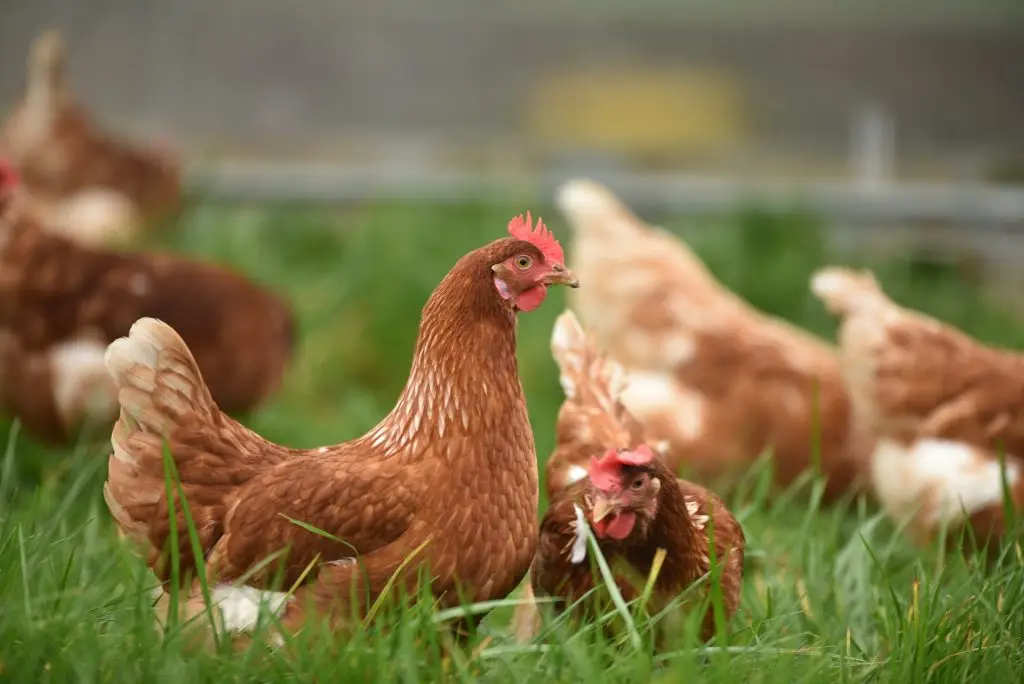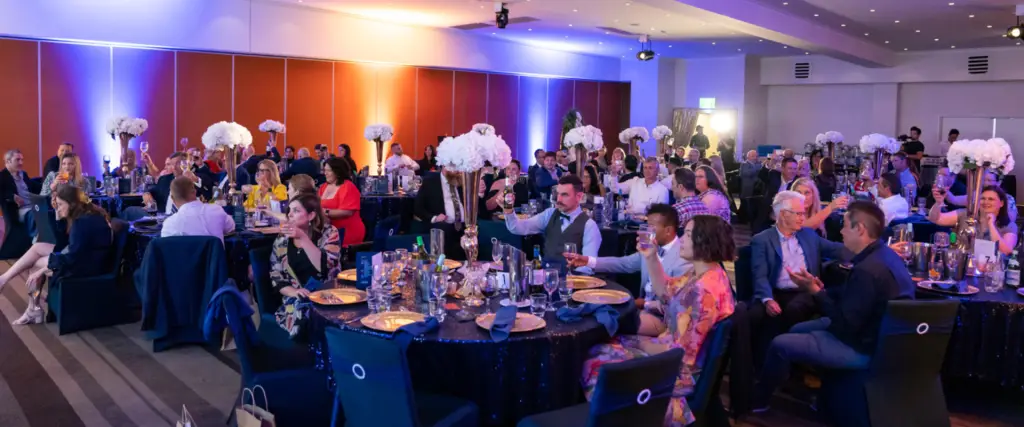Climate Change and Organic Viticulture
Hosted by AOL Technical Officer Josefine Pettersson, this webinar is part of the 2022 AOL Climate Change Series. As the peak industry body for organics in Australia, AOL has developed a series of webinars focusing on climate change in organic agriculture. These webinars will help organic operators to stay ahead of the sustainability curve and minimise the negative effects of climate change on their business to better prepare them for the future.
Wine grape production faces many challenges. Climatic extremes like heat and declining water resources are already putting pressure on the industry. Higher temperatures increase sugar levels and in-turn alcohol percentages in wine. Longer periods of wet weather increases the risk of fungal diseases, whilst increased longevity of drought highlights the ever-increasing importance of soil organic carbon. Rising input costs and consumer concern around how grapes are grown and potential damage to the environment are also putting pressure on growers to improve environmental practices.
As part of the interactive panel discussion, we will be joined by three experts in their field to help you prepare for climate change and learn from their triumphs and mistakes within the carbon market and industry. From Western Australia, we will talk to Vanya Cullen, pioneer of Australian biodynamic wine, about how she has built her renowned sustainable business model and created a successful carbon positive venture. Hayley Purbrick from Victoria has transformed her family’s organic vineyard into a carbon-neutral business with an impressive set of environmental initiatives that encompass the whole business. Last, but not least, we will be joined by Nuffield Scholar and third-generation farmer Richard Leask, who operates two wine brands in South Australia with a focus on soil and regenerative agriculture in the face of climate change.
Join us for the second webinar in our Climate Change series, with an industry-by-industry breakdown of the potential changes organic businesses can make to be prepared for and potentially benefit from this changing climate and the carbon market.
Topics include:
- Current wine industry emissions breakdown
- How will climate change affect Australian organic wine?
- Carbon sequestration potential in organic wine production
- Potential other changes businesses can make to reduce emissions
- Opportunities to benefit from the carbon market in organic wine



